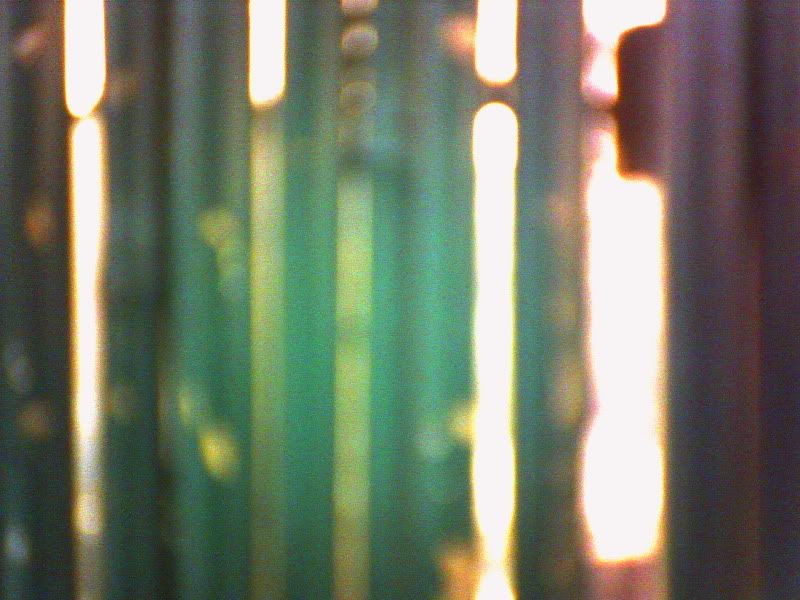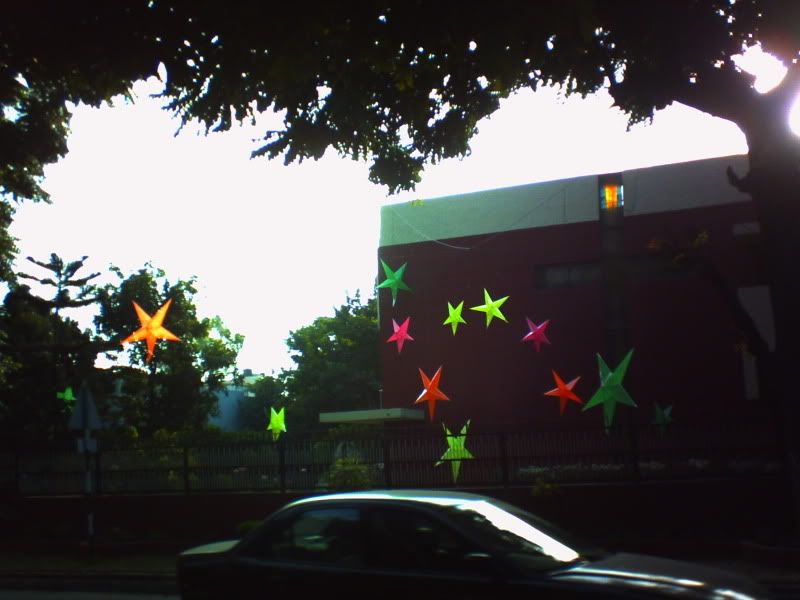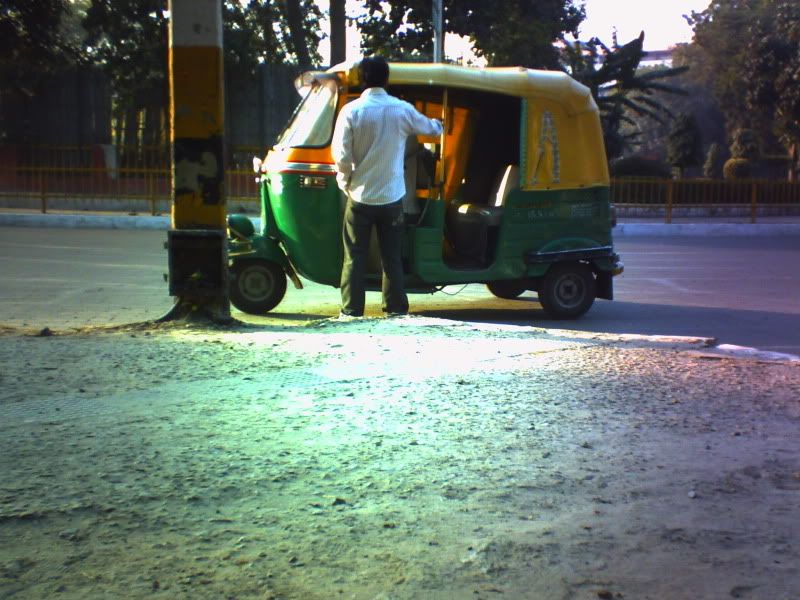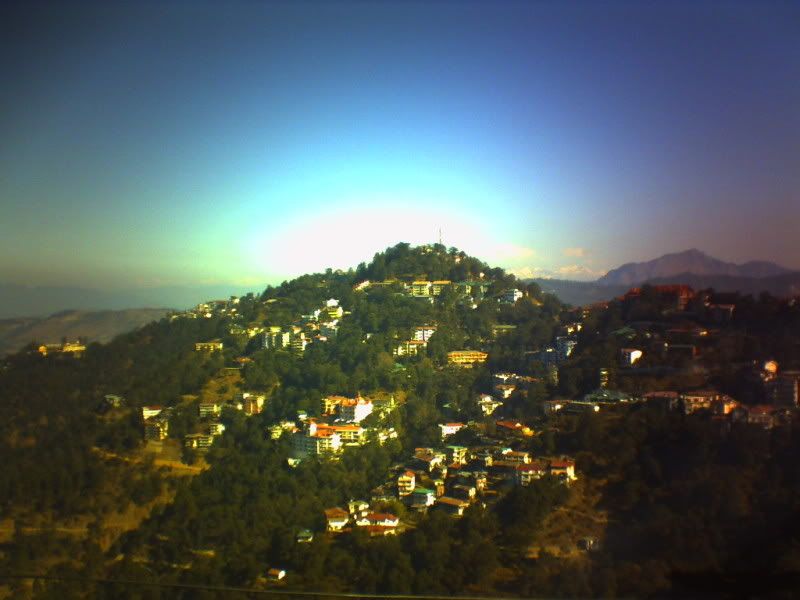INDIA - PART TWO - WHEREIN THE HERO'S SOUL IS TRADED FOR PRIDE AND SPICES; plus GRUELING SOBRIETY

On food, still...
Food and travel have a special relationship. I must admit that, with respect to this relationship, I am constrained by a delicate temperament. If I don't eat well, I don't travel well. That's why I'm never genuinely smiling in the photos of me in Madrid. Conversely, of course, the food in India got me through the hard times. Really, truly, I would not have endured with any semblance of mental hygiene, but for the food. Potent spices weighted with ghee, stirred with chickpeas, lentils and vegetables and sopped up with naan or chapati...my, my. Poori is the mating call of Indian cuisine, the blowfish of the starch kingdom. Chaag ki ka saag really sends me to the moon. Idli, which I think we eat plain and out of context in the States, in a steaming curry broth for breakfast, beside a dosa...these are all valid reasons for being. Dozens of varieties of roadside batter-fried spicy potatoes. Some of the best meals were served by street vendors, accompanied by only a square of newspaper for a napkin. With a few notable exceptions, indoor restaurants were no better than their street vendor counterparts, but for the quiet sanctuary they offered to the weary foreigner. We ate and ate until our veins bulged with clarified butter and our hearts slowed to a murmur, and then a sigh, and then we released that one last breath that, in film if not in life, signifies death, the soul's exit, making room for that one last bite of biryani, as if every meal were punctuated by a pact with the Devil. Our stomachs distended inside our withered, tired figures--conflicting forces with terrible, unspeakable consequences. We over-ate and over-ate, and questioned ourselves, but did not answer, and rarely paid more than a few dollars. Once--once!--we paid ten bucks (500 rupees), but that was only possible because Rajasthani food is like crack on crack, and because we'd walked a long way and had nearly been engulfed in the melee of some aggressive political expression in support of the ruling party, and trauma begets certain attitudes--e.g. mindless profligacy--and so we ate at possibly the nicest restaurant in the Blue City.
Learning the heathen language; identifying...
Ek, do, teen, chaar, paanch, ch'ay, saat, aat, now, das. Uno, dos, tres, quatro, cinco, seis, siete, ocho, nueve, diez. Uno, due, tre, quattro, cinque, sei, sette, otto, nove, dieci. [Insert the French.] As many of you grad students and Wikipedia-explorers already know, Hindi is an Indo-Aryan language, descendant from Sanskrit and sharing a common ancestor with Romance and Germanic languages. It was thus fairly easy to learn to count to ten in Hindi (and Marwari, Gujarati, Punjabi and other sibling languages). It was not quite so easy, however, to say much more. It seemed as if no two residents of the same Indian state said the same thing the same way. Like New Yorkers giving subway directions, these kind people couldn't even agree on how to say "congratulations," despite their eagerness to teach us. (We went to a wedding; it would've been a good thing to know.) Our phrasebook included a lot of cognates with pronunciation guides that, after much flipping of pages, only suggested that I say things the way I already say them, with the implied caveat that nobody would fucking understand me. English-speaking is almost a words-per-minute kind of skill there, and more significantly, it's the closest thing to a national language, so we had little trouble communicating necessary things. That said, I felt guilty. My only response to so much fluent English was to count to ten in local dialects. It was embarrassing, but I didn't have any better ideas. I also felt guilty that many children were being taught to read and write in English instead of--rather than in addition to--the language or dialect of their personal heritage, as if my inability to speak more languages were largely at fault.
All night...
All night long, every night but one, I'd sit up and read, and then doze for a bit, only to awake amidst a terribly stressful dream, and eventually pick up a book again. I dreamt so heavily, so forcefully, that sleeping was almost as exhausting as staying awake. In retrospect, the sudden cessation of pot-smoking might've contributed to the problem, but my environment, if not the principal stimulus, was at least reflected in my dreams: there was a lot of traffic and noise, some severed limbs and ruptured organs, and once, when I asked Lisa if I could touch her downy cheeks, she said, "No, you can touch my pinky toe." That's the smallest toe!...[Awake; enter loneliness, Mark Twain.]

Nek Chand, and fossilized evidence of good drugs
We left New Delhi for Chandigarh on the 22nd and promptly gulped down buckets of fresh air. Banyan and Eucalyptus overwhelmed whatever exhaust fumes may or may not have emanated from the busy streets. We visited Nek Chand's massive psychedelic/found-art/adaptive-reuse/squatter rock garden, survived a hall of mirrors--almost entirely reconstituted--and meditated on a swing in the presence of a bug-eyed camel. We recorded the whispers of a man-made lake and drank fresh-squeezed OJ, traipsed around a children's carnival and turned back toward toward Sector 22 for Khyber Pass, a reputable "Wild West-themed" bar. With that sort of description, it could not be missed. Despite the name of the establishment, I don't blame us for not knowing that India's Wild West is Afghanistan. And anyway, though the restaurant specialized in Chana Afghani, the bar downstairs was operated by a couple of guys in Toy Story-grade Western-style cowboy attire. They were quite animated upon seeing us, either because we were white or, more likely, because white people drink a lot.
[Aside: We never got drunk, which is kinda fucked up. It's hard to explain the mentality that develops in the apparent absence of monetary value, but to give you an example, $3 beers seemed an almost absurd expense. Ditto, shitty $3 whiskeys. That money--150 rupees--could be bartered for four meals and a ride to the hotel. Also, we couldn't locate the drinking culture. We heard a lot about it. My favorite account came from a gentleman in the Ahmenabad airport. He explained that weddings in other states are divided by sex--the women dancing and the men huddled in the drinking tent. What is a drinking tent? I finally realized: We Civilized Christians have much to learn from these wild people. He said that Gujarat--where both the airport and the wedding were located--is a dry state, but has the highest rates of drinking. Likewise, a bartender in Shimla said a lot of Indians go drinking at happy hour, which, he confirmed, comes after work, but that most drink in the morning. Another stranger--a friend of a guy we'd just met in an internet cafe--went off to fetch for each of us a "black market" (after hours) $3 bottle of beer. Again, 150 rupees. Moreover, what would we do with just one illegal beer? One doesn't drink Kingfisher for the taste. Even the most credulous bones in my body sensed something dishonest about the corroborated contradictions. I thought: Maybe people just don't drink much in these parts, but are embarassed to admit it. I knew that couldn't be true, though, and cursed whatever "purdah" hid my precious mind-medicine from me.]

Tea
"Tea is edifying." That's one of two things I wrote in Chandigarh that can be safely disclosed on the internet. The other, written with glee: "Tomorrow, we leave for the Monkey Temple."
Mountain climbing with a trippy school bus on my back
The next morning, we rode through the swells of India's hill stations in a psychotropic wonder-bus from Chandi to Shimla. It was a five-hour ride, more or less comfortable, and cost exactly one-third of one beer. Good music and breezy spirits flittered about, and a small child climbed onto Nate's lap for good measure.
[Aside: I generally got along best with young children and old men because I trafficked in counting to ten in Hindi and I habitually blab about politics and religion, respectively.]
[Aside: The high number of near-misses of very serious accidents that occurred throughout this journey deserves only to be included in a footnote, at most, because we had already become resigned to the inherent danger of being on such roads, and because we were inside the biggest fish. I don't mean to play up the risks, but rather to note that we gradually overcame our American fetishization of Absolute Safety.]
During a pit stop, I found myself peeing next to some kind of unpredictable giant-horned bovine creature. It very slowly, but very deliberately, walked toward me while I was mid-stream, as it were. It was getting really close. The English-speaking stranger and neighboring micturator ("tinkler"), from whom I'd extracted a promise that the bus wouldn't leave without us, further assured me that there was no reason to fear the animal. Of course, I was in the unenviable position of being between this brave idiot and the turf-eating beast. We--the beast and I--exchanged sneers that communicated unkind words about each other's peters, and I turned back toward the bus.
MONKEYS!!!!!!!!!!!!!!!!!!!!!!!!!!!!!!!!!!!!!!!!
Words are escaping me, again. I'd like to be able to share this journal account with family and colleagues, and so I'm considering whether or not to admit that I was so excited to see wild monkeys, I came out my pores. Probably, I'll limit myself to religious metaphors, which are more conventional, anyway. Hm, I was in a state of Great (non-sexual) Ecstasy upon seeing monkeys. Sitting on cliff edges, overlooking the jagged horizon, bearing baby monkeys on their backs. Perched on fence posts. More to cum. Come! Come, I mean. God, this is awkward. I'm sorry.
Up next: Shimla, the Raj's summer capital, in winter

While it does remain somewhat of a miracle in my mind that our insides were not sliced open and sold before we could even check into our first hotel, the larger miracle is that blind luck prevailed in my favor for once (and only once), and it happened in a time and place where I actually needed it more than ever before. It pretty much sealed the deal that I could act like I knew what I was doing all along, thus leading to our probable untimely demise at a later date. This would set up the one-two punch that would prevail throughout the trip. One: things don't go as planned. Two: at least we're not dead. I've never felt more strongly that my prior experience meant absolutely nothing for my qualifications than I did upon returning to India for a second time. In an instant, upon arrival, everything I had learned meant absolutely nothing at all. Totally useless. Why had I even gone? Why had I come back? Had I forgotten my place in the universe? Still, I have to wonder what price we would have fetched in the market, right next to the Cosid (Hindi for Casio) "water-resit" watches. I mean, they were mass-produced, sure, but they at least served a very useful purpose: keeping time in a place where time does not exist.
I was going to use a "not only, but also" in that last paragraph, but refrained. You can thank me with a happy hour beer later.
Anyway, I don't mean to make it sound like we constantly braved danger around every turn, but when you think about it realistically, we were pretty much action heroes. Especially in Chapter Two, though I won't give anything away. Just thinking about how every "auto-rickshaw" powered by "clean energy-efficient fuel" (I keep thinking on the BP logo of the hand giving the "A-OK" sign above the slogan: Pure For Sure) somehow magically came to a complete stop an exact 1.5mm before slamming into the car in front of or to the side of it... I mean, that's just the same magic that makes the pooris emerge from the greasiest pot of greasy oil and puff up with balloons worth of weightless air inside them. But is the air inside the poori the same as the "Delhium" that infiltrates the city? Because if so, we probably should have thought twice about every last one. Trans fats are one thing, but trans fats plus carbon fuel... that's a whole other beast. Would one fare better with the vegetarian options in the KFC guarded by security-for-hire? We'll never know for sure.
Looking back, I can clearly see the errors of our ways in the beginning. Walking? Planning? Maps? But still I get the feeling that no matter how many times I go back, I would make perhaps not the same exact mistakes, but the same essential quality of mistakes, on and on to infinity. I cannot decode this place, I can only plan to not be able to decode this place during future visits. I can comment on this further when our heroes plunge into the depths of the netherworld and ultimately reach their just reward.